
Despite overall outcomes for people with cancer seeing excellent progress over the past 40 years, in some forms of cancer there has been little improvement in survival.
These cancers of unmet need include the following cancers, all of which have five-year survival rates below 25%:

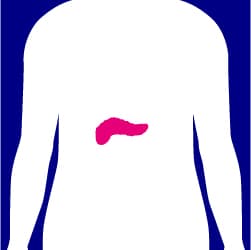

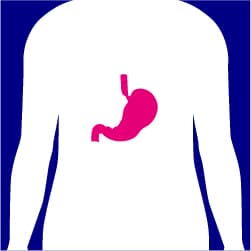
We encourage proposals focussed on these cancers of unmet need across all our standard funding committees.
Explore all funding opportunitiesWe are addressing the critical need to accelerate progress for patients with cancers of unmet need through the following approaches:
Building research communities with necessary capabilities: training the next generation of researchers in the field, and sparking new collaborations through convening events.
Establishing sustainable research infrastructure: investing in world-leading research environments where researchers can thrive.
Funding innovative and high-quality research: supporting a broad portfolio of research, from discovery science through to pioneering clinical trials.
Translating discoveries to patient benefit: driving therapeutic innovation and accelerating translation of scientific advancements to the clinic.
We host research and translational conferences, meetings and workshops. Join us to hear about the latest science, present your own research and network with our exceptional community.

Our inaugural conference is taking place in London, UK, from 7-9 July 2026. This event will bring together an international, multidisciplinary community to showcase the latest in scientific advances, ignite meaningful debate and enable new collaborations to catalyse progress in pancreatic cancer research.
Explore highlights from our cancers of unmet need portfolio, with examples of the research, facilities and resources that we support to accelerate progress across brain, lung, pancreatic, oesophageal-gastric and liver cancers.
Meet the research teams who received our Brain Tumour Awards. These launched in 2018 to boost discovery research tackling major challenges in brain tumours.
We are accelerating progress in UK brain tumour research through specialised centres of excellence. These investments are building critical capacity and training the next generation of researchers in world-leading environments.
Our researchers have generated a comprehensive collection of patient-derived glioblastoma cell lines, alongside normal human control cell lines. This resource is available to the global research community to aid the development of new therapies for brain tumours.
We're a funding partner of the Tessa Jowell Brain Cancer Mission, which convenes key stakeholders in brain tumour research to deliver a national portfolio of programmes to improve outcomes for brain tumour patients.
Our Lung Cancer Centre of Excellence, supported by ScottishPower, is fostering a world-leading community of discovery, translational and clinical researchers to catalyse progress in lung cancer research.
Launched in 2014 as our flagship investment in lung cancer research, the TRACERx programme set out to investigate how lung cancer evolves over time, and how this impacts treatment and prognosis. Building on insights from the first phase, TRACERx EVO is combining world-leading clinical and scientific expertise to revolutionise our understanding of lung cancer initiation and progression.
We hosted a sandpit dedicated to developing new, multidisciplinary, high-risk research ideas for the early detection of pancreatic cancer. In partnership with the Engineering and Physical Sciences Research Council, the Science and Technology Facilities Council, and Pancreatic Cancer UK, the event supported seed funding for five pilot projects.
We partnered with Stand Up To Cancer and the Lustgarten Foundation to fund an £8m international programme in pancreatic cancer research. The team explored how genetic and immune pathways could be harnessed to enhance therapies.
The BEST4 trial, jointly funded with the National Institute for Health and Care Research, will explore if the capsule sponge can prevent deaths from oesophageal cancer when offered as a screening test to people on long-term medication for heartburn – one of the most common Barrett's oesophagus symptoms.
One of our funded Cancer Grand Challenges teams, Mutographs, received £20m to support an international collaboration of scientists to explore unique mutational fingerprints in oesophageal, pancreatic, kidney and bowel cancers.
The Oesophageal Cancer Clinical and Molecular Stratification (OCCAMS) consortium brought together 27 centres from across the UK aiming to better understand oesophageal cancer. Over the last decade it has established a bioresource from 4,440 oesophageal cancer patients, representing over 40,000 individual samples.
The AROMA study aims to develop a ‘breath test’ for improved early detection of stomach and oesophageal cancer, through analysis of volatile organic compounds present in patients’ exhaled breath.
The Hepatocellular Carcinoma Expediter Network (HUNTER), co-funded with the Spanish and Italian Cancer Societies, is building an international liver cancer community and establishing a biobank resource from over 800 patients to enable further research.
The DeLIVER programme award has established three clinical research studies to evaluate the application of emerging technologies and multidisciplinary approaches to enhance risk stratification and early detection in liver cancer patients.

We caught up with Arnold Kriegstein on the important role of developmental biology for understanding brain cancers.
We spoke to Steve Pollard about the cutting edge of glioblastoma research.
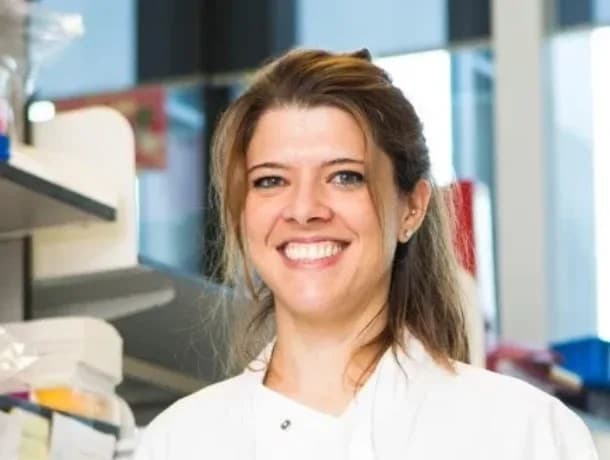
Giulia Biffi and her lab think the keys to tackling pancreatic cancer lie in the complexity of cancer associated fibroblasts.
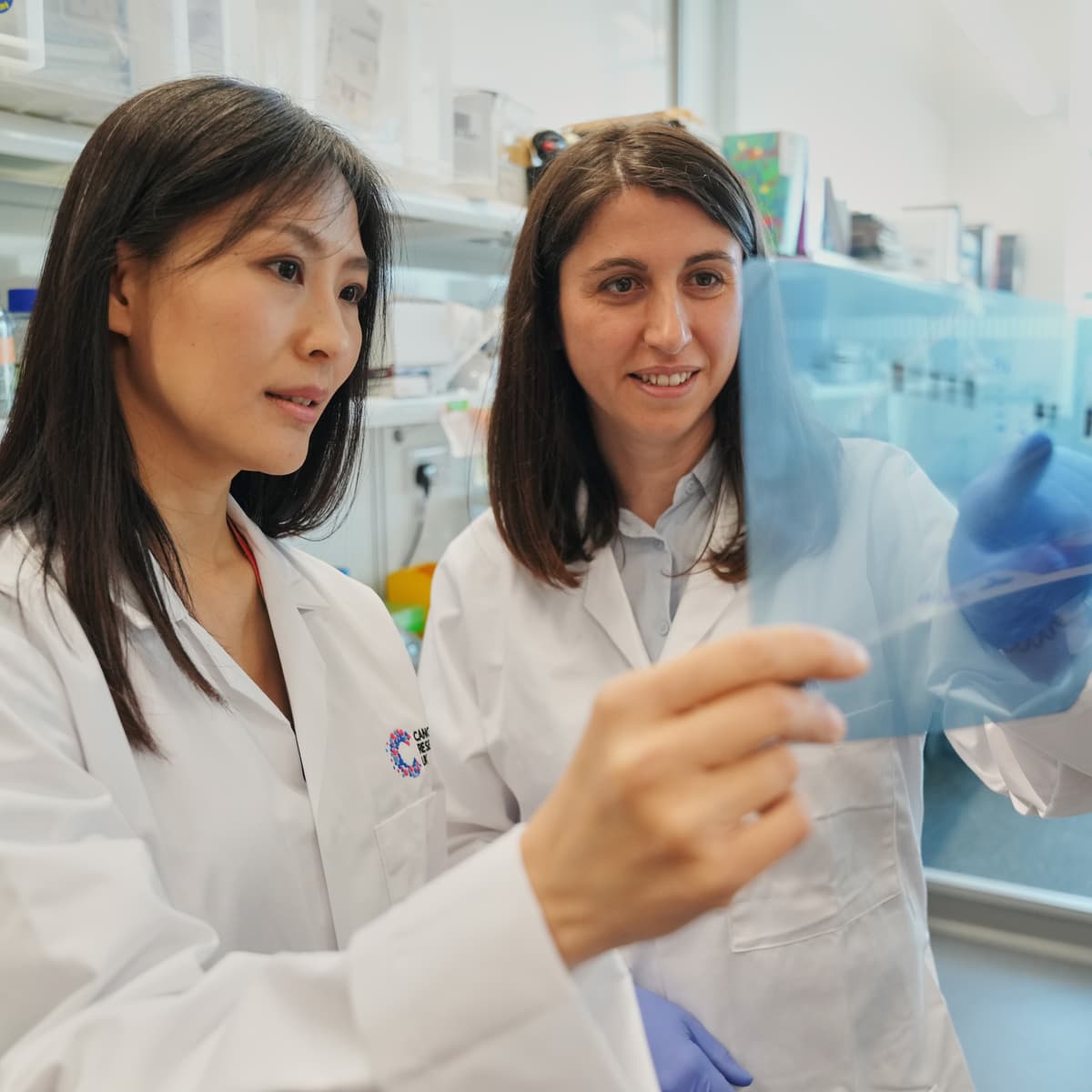
Our strategy shapes how we'll discover more about the mechanisms of how cancer develops and progresses to unlock new and better ways to prevent, detect and treat it.
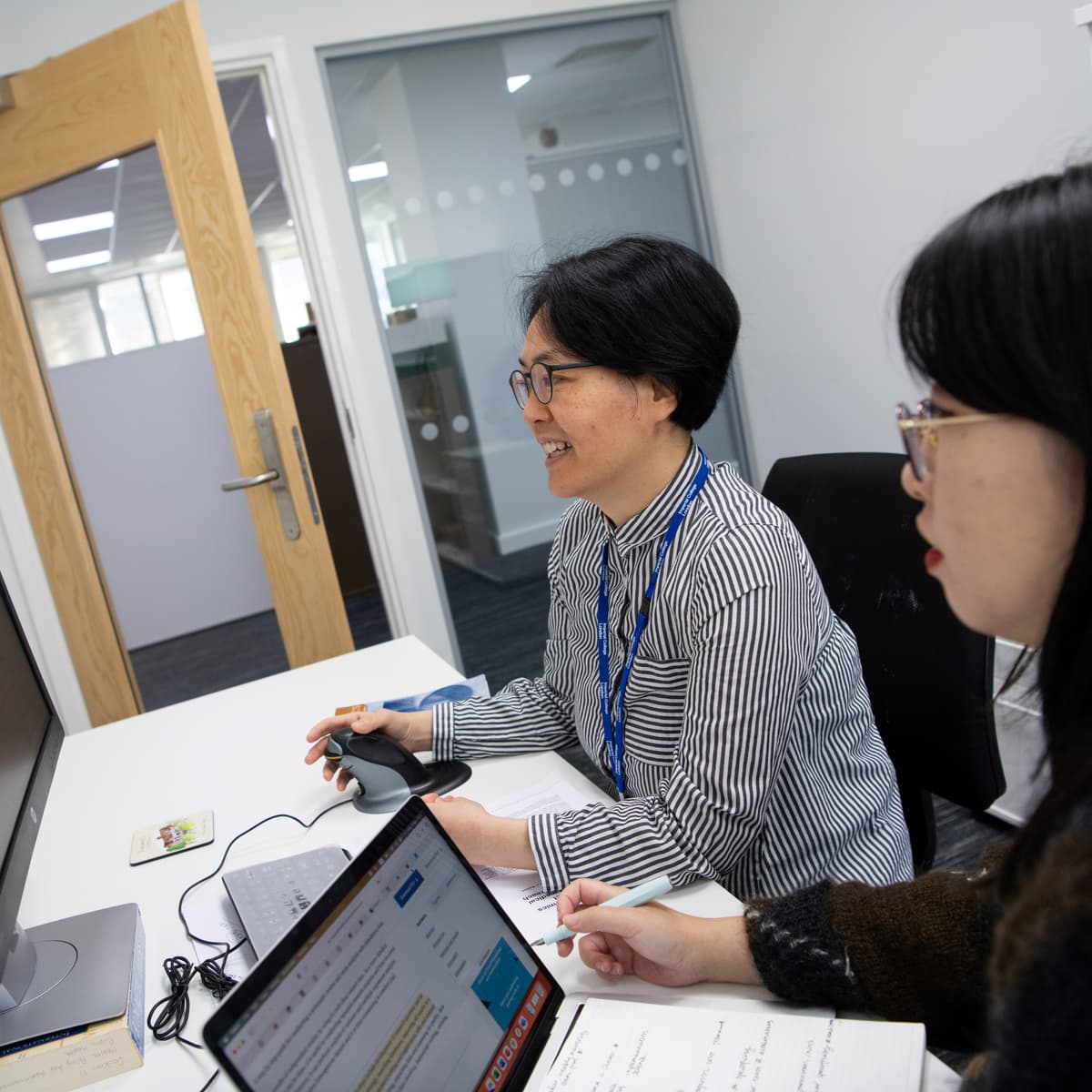
We support research across all cancer types but encourage proposals focussed on these cancers of unmet need. If you’re thinking about moving into the field, have an idea you’d like to discuss, or simply want to know more, contact us for support and advice.
We host scientific conferences, workshops, webinars and other events. Join us to hear about the latest science, present your research and network with our exceptional community.
Subscribe to our newsletters to hear about the latest news, funding opportunities, events and conferences and other research stories.